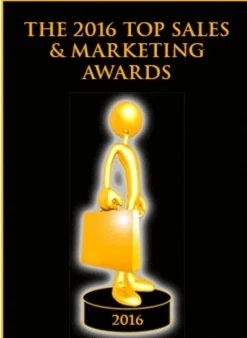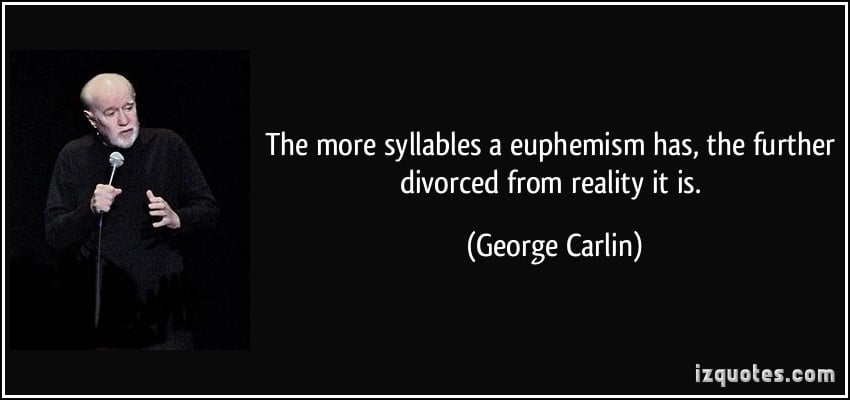Top Sales World
-
5 Year-End Awards from Top Sales World
- December 20, 2016
- Posted by: Dave Kurlan
- Category: Understanding the Sales Force

I am always honored when my work is recognized and this year is no exception. The judges at Top Sales Awards named Objective Management Group (OMG) the Top Sales Assessment Tool for 2016. That marks the 6th consecutive year that OMG has won the Gold!
-
I Admit it – Why Words in Selling Really Are Important
- October 5, 2016
- Posted by: Dave Kurlan
- Category: Understanding the Sales Force

When it comes to words, there was probably nobody more clever than the comedic genius George Carlin. The video below is the funniest and best example of his use of words. Watch that and then we’ll talk about how the same premise applies to sales.
-
Latest Debate Had Some Great Sales Leadership Examples
- December 17, 2015
- Posted by: Dave Kurlan
- Category: Understanding the Sales Force

You didn’t need to watch too much of the debate or watch for too long before hearing some bizarre examples of what some of the GOP candidates would do if they were elected as the Chief Leader of the United States.
-
How Significant is the Migration to Inside Sales?
- September 17, 2014
- Posted by: Dave Kurlan
- Category: Understanding the Sales Force
-
Top 10 Reasons Why Inbound Cannot Replace Sales
- August 15, 2014
- Posted by: Dave Kurlan
- Category: Understanding the Sales Force
Well, it’s really happened now.
I was following a discussion in the Hubspot VAR Group on LinkedIn, where the question posed to the group was whether or not the first sales hire should be a sales or a marketing person.
-
Top 5 Mistakes Salespeople Make When Under Pressure
- August 11, 2014
- Posted by: Kurlan & Associates, Inc.
- Category: Understanding the Sales Force
Before I unveil the top 5 mistakes, you might be interested to know that last week, Top Sales World Magazine went from monthly to weekly. I was featured on the cover, but I’m most hopeful that everyone will read Jonathan Farrington’s interview with me. He got me to be very outspoken about what’s taking place right now in our industry and I believe that everyone will benefit from reading it.
-
Key to Significantly Improve Sales Training Results
- May 28, 2014
- Posted by: Dave Kurlan
- Category: Understanding the Sales Force
The best players, getting the advanced instruction on the travel teams, improve the most. Those same kids, on their regular season team, learn almost nothing new and aren’t challenged or pushed. Practice, and sometimes even the games, can be so boring for them that they don’t play their very best.
Translation from Baseball to Selling
If we translate all of that baseball to selling, the only two things that change are the activity and the age of the people being coached and trained.
-
The Real Impact of Coaching Your Salespeople, Sales Managers
- April 1, 2014
- Posted by: Dave Kurlan
- Category: Understanding the Sales Force
I’m in the middle of another page-turner, this one called The Man Who Killed Kennedy – The Case Against LBJ. It’s difficult to put a positive spin on this amazing, insightful book, about one of the biggest assholes the USA has ever known, but I can take two unintentional sales-related lessons from the book:
-
Combo Article Friday – Finding New Business and Sales
- January 3, 2014
- Posted by: Dave Kurlan
- Category: Understanding the Sales Force

I wrote an article for the Sales Blog over at Hubspot on how Inbound Marketing has really been around, like, forever.
-
This is How Sales Managers Should Coach Their Salespeople
- March 13, 2013
- Posted by: Dave Kurlan
- Category: Understanding the Sales Force
A salesperson told me he met with a customer that had taken their business to a competitor because of price. It sounded like they were getting what they were paying for:
- 1
- 2

